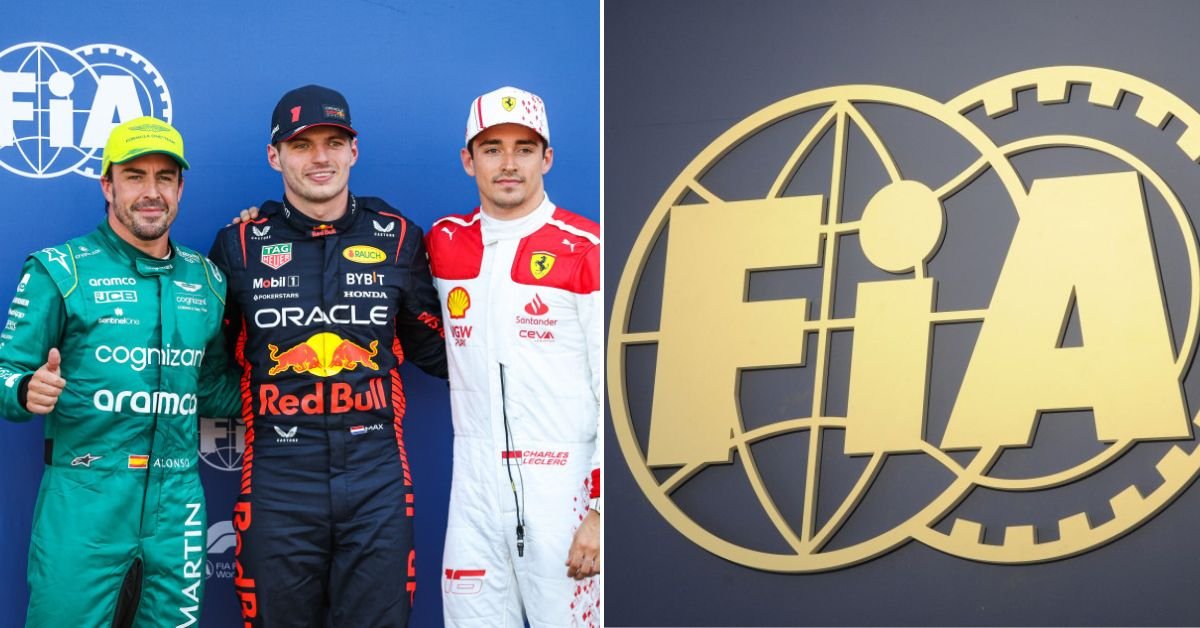Despite the fanfare surrounding the FIA, they have a very serious job. Given that Formula 1 is a very dangerous sport, there needs to be a governing body that is able to regulate the sport to keep it as safe as possible for the drivers and everyone involved in the sport. This is where the FIA comes in.
Without the FIA, there is no way of telling what Formula 1 would be right now. While there have been an array of controversies around them, the FIA proves that they are needed and necessary. Motorsport as a whole would not have progressed this far without the guidance of the FIA. Governance is needed when lives are on the line, and the FIA is the organization for that.
What is the FIA?
The FIA is the Fédération Internationale de l’Automobile. They are the sole international governing body over most motorsport races such as road/circuit and single-seater series, with separate departments for motorcycles and carting. Based in Paris, they have been an active organisation since 1904. Within their organisation, they also have the World Motor Sport Council, which makes decisions for all motorsport series within the FIA.
Get ready for an epic F1 season finale! 🚨
🏁 Only 6 races remain before we crown the 2024 FIA Formula 1 World Champion!
Every lap matters, every second counts.#FIA #F1 pic.twitter.com/nDOztaRmH9
— FIA (@fia) September 26, 2024
Before Formula 1, they acted as an association of motorsport clubs before 1946. While it wasn’t until 1950 that Formula 1 started having a World Drivers’ Championship and inaugural seasons, the FIA has been involved since the beginning (1946). They were the organisation to create both the World Drivers’ and Constructors Championship. They also were the organisation to create the standard rules surrounding the Formula 1 cars.
What is FIA’s role in Formula 1?
While Liberty Media is currently in charge of promoting F1 and has the commercial rights of F1, the FIA has kept charge of the championship namesake. As the governing body of Formula 1, they are also in charge of the sanctions and licensing. They create the technical regulations, and rulebooks, as well as control the booking/contract with the circuits.
At every GP, the FIA is present. They have race personnel, technical directors and more to help out with the event as well as the race overview. They help mitigate issues within Formula 1 as well as with inner team turmoil. When an issue arises, the governing body may use independent means of intervention such as stewards to give out summons, penalties, or fines.
A few upgrades for some teams this weekend 🇸🇬 👀
Check it out with our #TechUpgrades! 🔥#FIA #F1 #SingaporeGP
(1/2) pic.twitter.com/6rM3ZrvbYP
— FIA (@fia) September 20, 2024
When picking out which circuits to race at, the FIA has to ensure that all rules and regulations are being followed for maximum road safety efforts. One of the most important things to note is the track length. The track must not be longer than 7km. This makes it very difficult for recovery teams to reach certain parts of the track as the distance may be too great. Another important aspect they have to take into consideration is the grade of the track. To host an F1 race, the circuits have to be a ‘Grade A’ circuit.
As the governing organisation, they also give drivers their super licenses. The super license is the highest form of a motorsport license you can get and is required to race in Formula 1. To get a super license, a driver has to reach a certain amount of points (40). The number of points are gained by racing in other competitions such as Formula-E, Indy-Car and F1 feeder series.
The FIA remains an important and integral part of Formula 1. They are needed for the sport of racing to continue on a safe and sustainable level. Without their governing of F1, the sport would not be able to head in new directions or explore new avenues. Without their leadership and governance, Motorsport (and specifically F1) would not be where it is today.













Easy to forget how crucial they are for safety and regulations. Without them, the sport wouldn’t be what it is today.